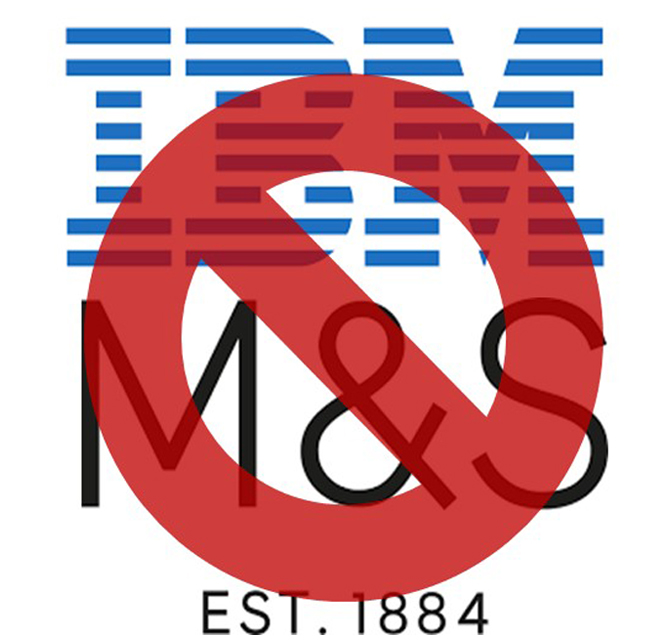No one was ever fired for choosing Quotech
It’s always safe, career-wise, to choose a big-name technology supplier. The products sold by the handful of commercial-insurance-focussed corporate software houses are probably okay, right?

No one was ever fired for choosing Quotech
It’s always safe, career-wise, to choose a big-name technology supplier. The products sold by the handful of commercial-insurance-focussed corporate software houses are probably okay, right? Never mind that safe, obvious choices rarely leads to the best outcomes. It’s like buying off the peg at M&S instead of tripping down to Saville Row. You won’t be at the cutting edge, but you should look passable.
Protect your flank
I hear a lot of complaints from users of software that comes in a box. Off-the-shelf exposure management systems, underwriting workbenches, data repositories, quote-and-bind platforms, bordereaux management tools, and other modular “solutions” sold and re-sold by the big suppliers tend to attract the most disgruntlement. It’s hard to imagine why anyone would buy them, except of course as an act of procurement CYA.
Count the pennies
One reason might be cost, based on the belief that, like bespoke suits which carry a big premium, technology from a London-market insurTech boutique will be way more expensive. But that assumption is wrong. Perversely, it’s often more expensive to buy a system designed for everyone, instead of one that’s tailor-made for you. Perhaps we should charge more.
Satisfy the whip
Why else would someone choose a system that everyone complains about? The operations manager at a Quotech client offered another possible motivation. The regulator wants to see that companies are using robust systems for areas like solvency assessment. The technocrats push companies towards legacy systems, since they neither know nor understand the technology itself, nor what it should do, let alone what it is now capable of doing in the fast-moving digital world. So insurers acquire the tried-and-tested to satisfy their masters. It’s a vicious circle.
The regulator’s preference for commonplace platforms is perfectly sensible (at least from their own perspective), because “widely used” is – arguably – a decent proxy for “robust” (although users of some of the market’s downtime-prone central bureau systems would almost certainly disagree). That, at least, is what drives their predilection for legacy systems. Add regulatory simplicity to the safe-bet factor and the misapprehension about costs, and we know why someone would buy a system that employees complain about every day.
To sacrifice utility
Users typically complain because a product’s widespread use is not a proxy for utility. Popularity by definition cannot correlate with a technology platform’s provision of anything more than the most basic of possible efficiencies. How could it? Off-the-peg software solutions for the insurance sector are, let’s face it, designed to satisfy a range of lowest common denominators. It can never be truly useful.
The agony of earn-out
One sad factor exacerbating this problem has to do with the lifecycle of technology companies. They launch small, with big ideas. They grow, and continuously enhance their approach and design to gain reputation and clientele. Then one day they start to sell products, instead of bespoke solutions to clients’ specific needs, because they must deliver volume to satisfy their VCs.
The ride – the enthusiastic, innovative, client-centric development and service on which they used to thrive – ends entirely when their VCs sell them to a consolidating tech giant. They have earn-out targets to meet, so they stop wasting money on trivialities like new versions and new products, let alone genuine innovation. It’s another vicious circle that’s playing out across the insurance technology world right now.
How to get it right
The alternative is to choose a systems development company that knows the commercial insurance market first hand, understands the processes involved from direct experience, and is run by people who traded at the vanguard of the market, alongside your business, for years.
The next step is to find out if actual underwriters and brokers at the coalface praise or complain about the systems built by the provider you’re considering. We’re happy to pass on contact details for as many Quotech front-line users as you like. They’re happy to tell you about our solutions. That’s part of the virtuous circle of choosing Quotech.
